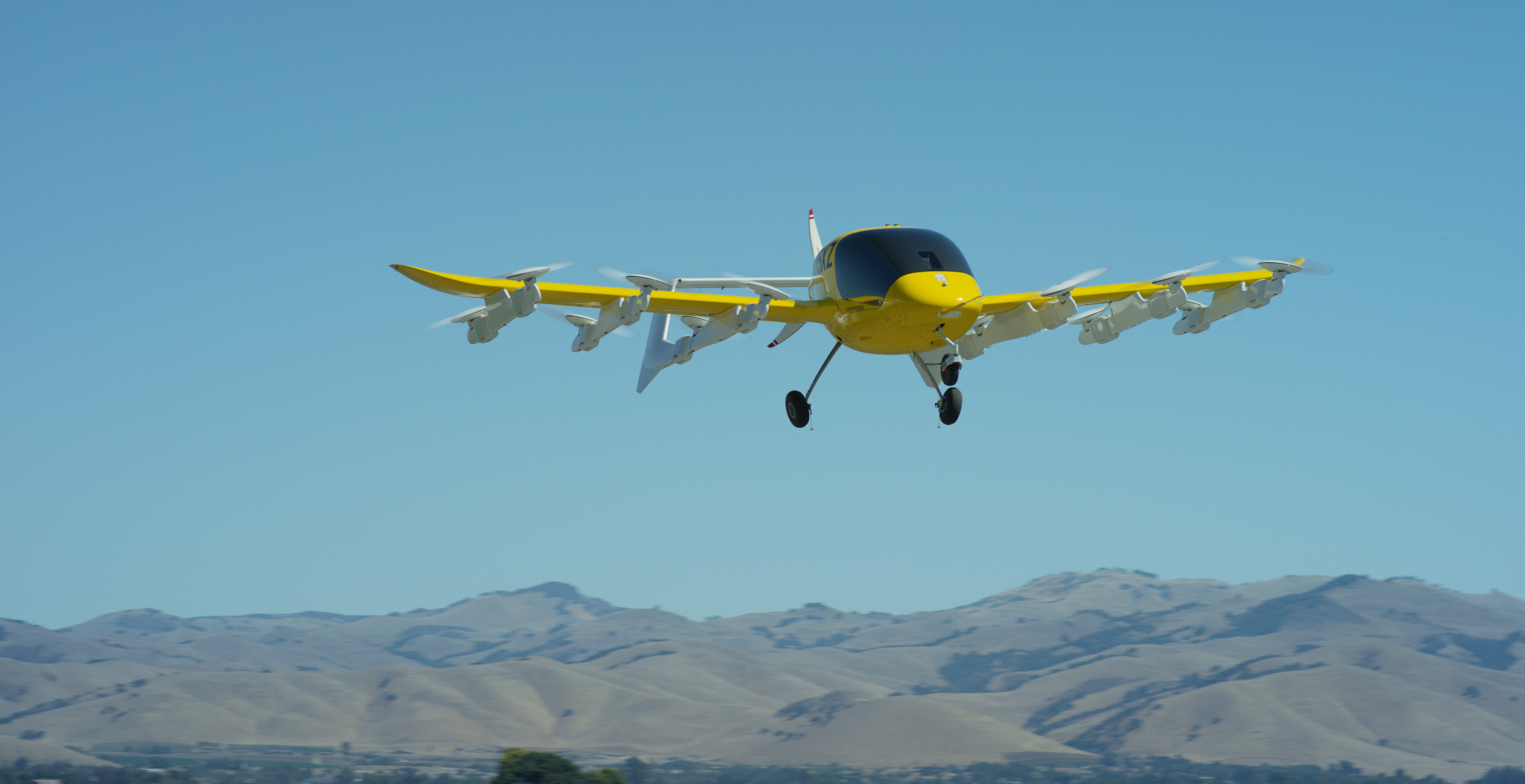Click Here to View This Page on Production Frontend
Click Here to Export Node Content
Click Here to View Printer-Friendly Version (Raw Backend)
Note: front-end display has links to styled print versions.
Content Node ID: 418774
NASA has added eVTOL aircraft developers Wisk and Alaka’i Technologies as partners in its Advanced Air Mobility National Campaign. The two companies are joining 17 others in preparing for the first phase of the agency’s so-called Grand Challenge trials in 2022, which are aimed at assessing operational safety scenarios for advanced air mobility.
The Advanced Air Mobility National Campaign is focused on developing what NASA describes as “key guidance for urban air mobility operations.” It is also addressing issues related to certification and the development of standards for automated aviation.
In a November 16 announcement, Wisk said it will support NASA in evaluating air mobility architectures, performing simulation studies, and developing an overall validation framework to be used for autonomous flight assessments. The U.S.-based company’s contribution will initially address safety scenarios for autonomous flight and contingency management, including collision avoidance and flight path management.
Wisk is developing the all-electric two-seat Cora eVTOL to be operated autonomously in roles including passenger transportation. It has already completed more than 1,400 test flights in California and New Zealand but has yet to publish projected dates for type certification and service entry.
Alaka’i Technologies is working on a hydrogen-powered eVTOL design called Skai. The U.S. company unveiled a six-seat design in May 2019. At the time, it indicated that it would be ready to begin series production during the first quarter of 2021, but the current status of the program is unclear.
NASA intends to conduct an “integrated dry run test” in December that will use a helicopter as a surrogate for an eVTOL aircraft to develop baseline data for future flight testing. Then in 2021, the National Challenge will use a prototype of Joby Aviation’s four-seat eVTOL aircraft for a “developmental test” to establish flight scenarios for the other participating models to evaluate, as well as to develop data collection protocols for the work in 2022.
Wisk said its work with NASA will focus on collision avoidance and flight path management. The company, which has been working on its eVTOL design since 2010, will evaluate architectures, perform simulation studies, and produce an overall validation framework that can be used for autonomous flight assessments.
“Wisk brings a tremendous amount of experience in eVTOL vehicle development, automation technologies, and flight test, and combines it with a safety-first mindset towards advancing autonomous flight,” said NASA Aeronautics Research Mission Directorate associate administrator Robert Pearce.
